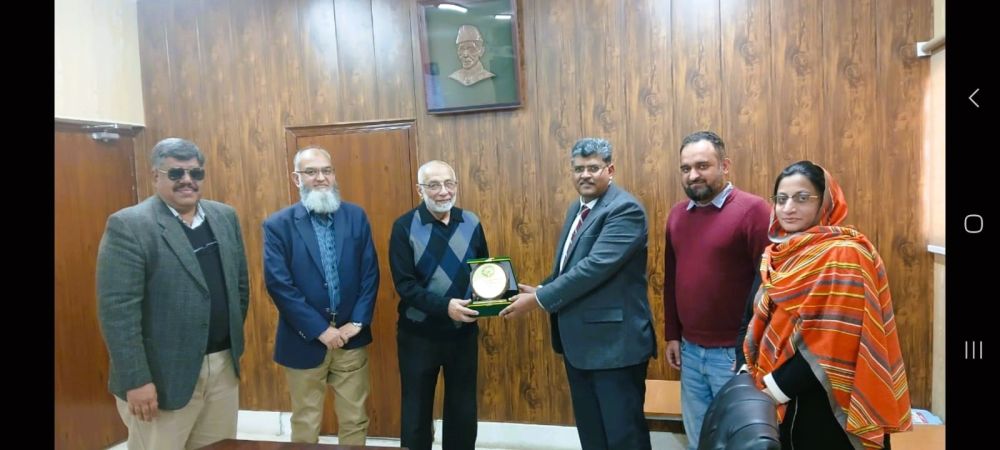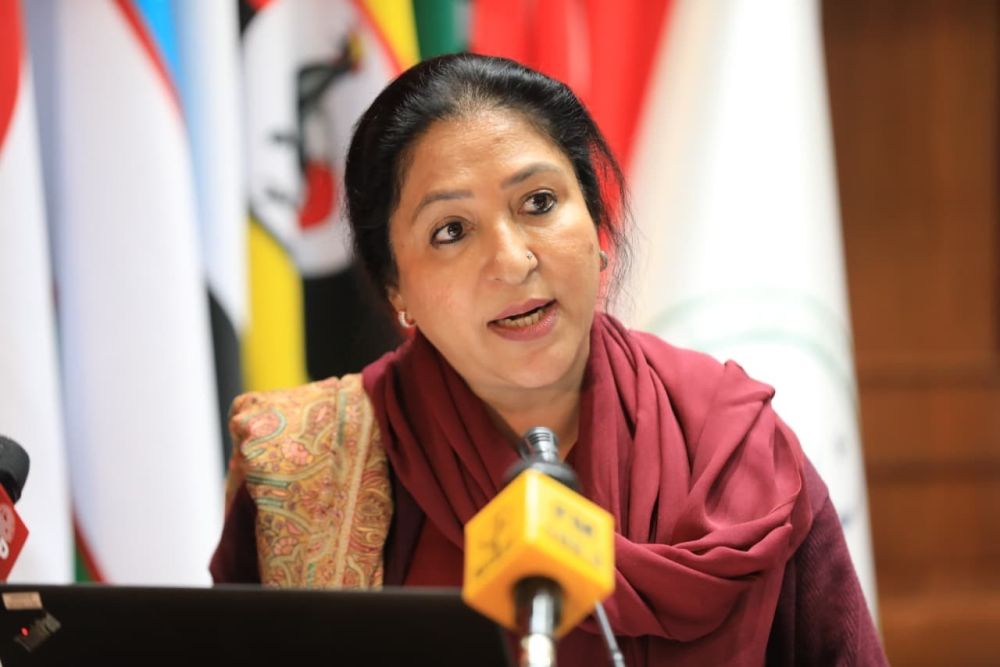Riphah International University and NAVTTC Collaboration is Commendable
Posted 1 year ago
Islamabad
HunarNama Report
May 20, 2024
A recent collaboration between Riphah International University and the National Vocational and Technical Training Commission (NAVTTC) is a commendable step toward addressing this pressing need for skilled medical technologists shortage. Under the auspices of the Hunarmand Noujawan-Khushhal Pakistan initiative, this partnership will ensure a steady supply of trained professionals essential for the nation's health infrastructure and economic prosperity.
The initiative offers a range of specialized courses, each meticulously designed to equip students with practical skills that are in high demand in the domestic and international job market. These courses, including Medical Lab Technology, Dental Technician/Hygienist, Medical Imaging Technology (MIT), Radiology, Cardiac Technician, Midwifery, Dialysis, Endoscopy, Dispenser, Operation Theatre Technology, Nursing Assistant, and Cosmetology, are not just academic; they are a gateway to a promising career.
The Hunarmand Noujawan-Khushhal Pakistan program stands out for its focus on trades with high employability. As Prof. Dr. Muhammad Mukhtar, Vice Chancellor of the National Skills University Islamabad, aptly points out, the NAVTTC's role in identifying skills gaps and providing targeted training is crucial. By aligning educational offerings with market needs, the NAVTTC must ensure that graduates are employable and capable of contributing significantly to the healthcare sector.
This collaboration addresses several critical issues facing Pakistan today. First, it tackles the shortage of skilled medical professionals, a significant barrier to improving healthcare services nationwide. Medical technologists play a pivotal role in diagnosing and treating patients; their expertise directly impacts the quality of care patients receive.
Second, the initiative supports economic development by creating employment opportunities. The healthcare industry is one of the fastest-growing sectors globally, and by training individuals in high-demand medical trades, Pakistan can tap into this growth. Graduates of these programs will likely find employment swiftly, reducing unemployment rates and contributing to the nation's economic stability.
By investing in medical technology education, Pakistan is not only enhancing its healthcare system but also building a workforce ready to meet future challenges. As we look ahead, such initiatives must continue to receive support and recognition. The government, private sector, and educational institutions must work in tandem to ensure that the training provided is of the highest quality and that students are given the tools they need to succeed. This collaboration model can be replicated in other sectors, paving the way for a more skilled, prosperous, and healthy Pakistan.
The Riphah International University and NAVTTC collaboration under the Hunarmand Noujawan-Khushhal Pakistan program is a significant milestone in the country's journey towards improved healthcare and economic development.





